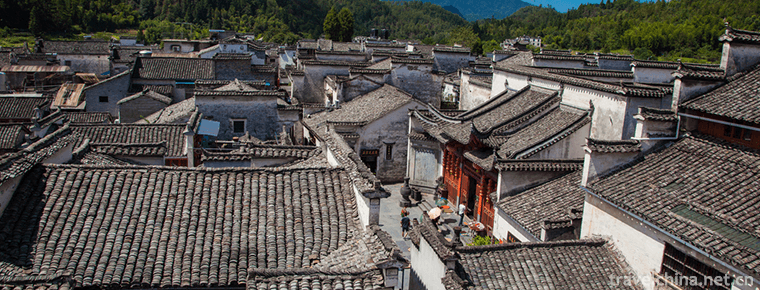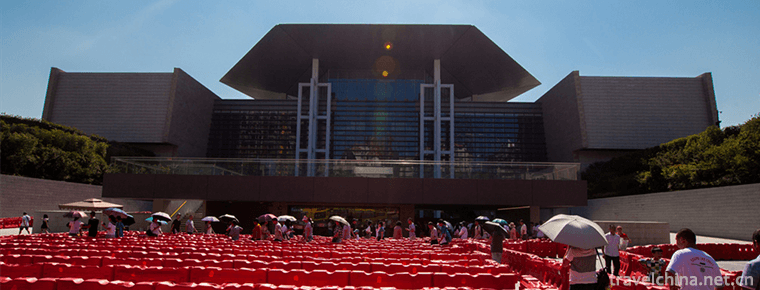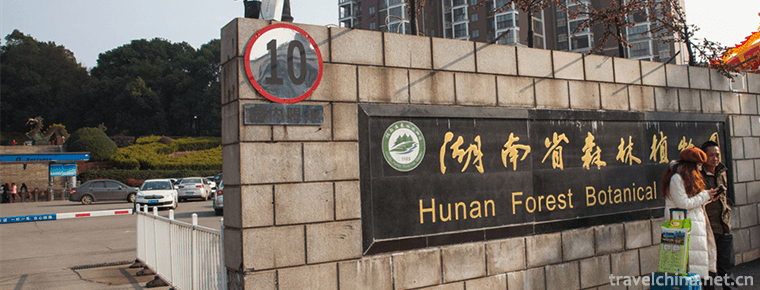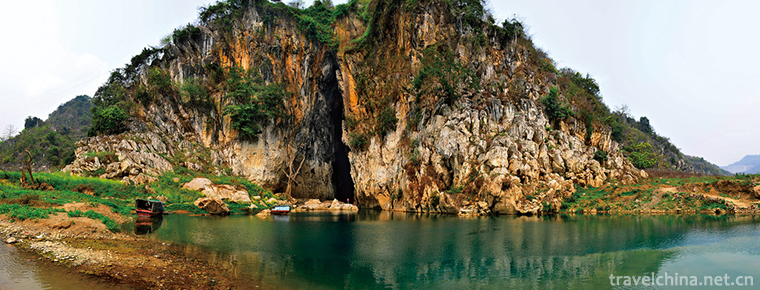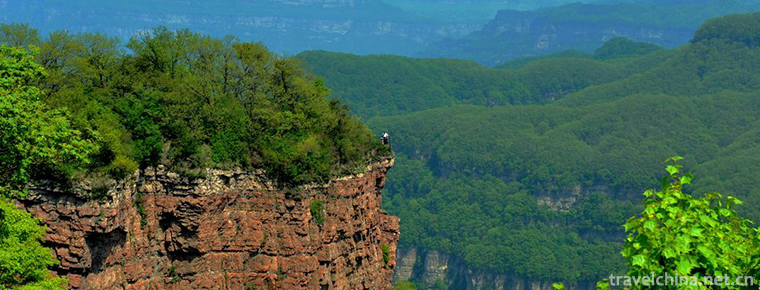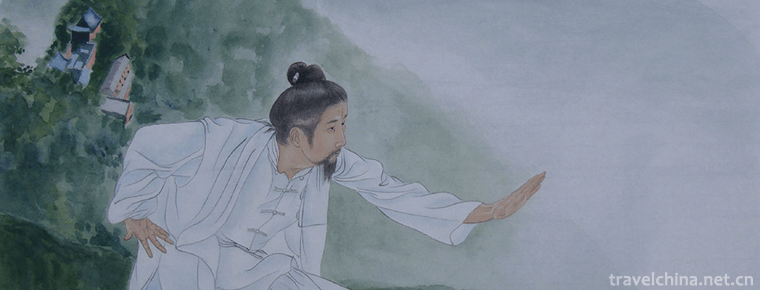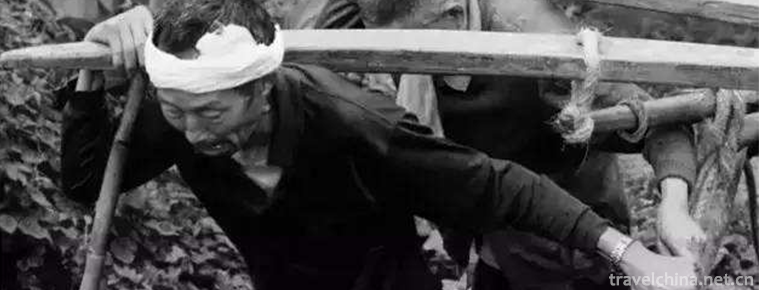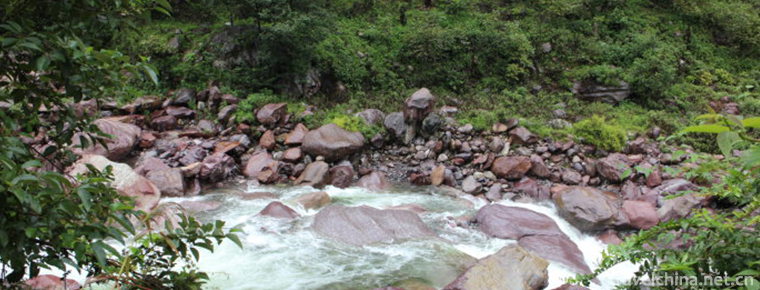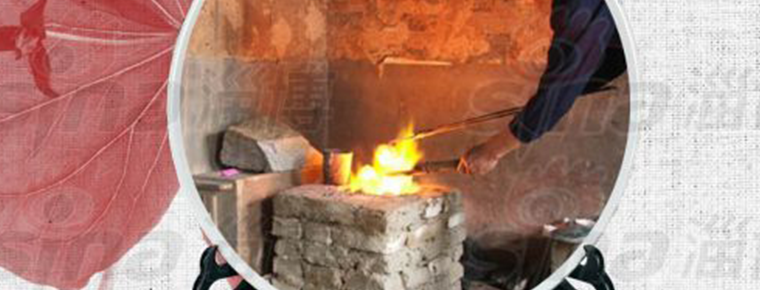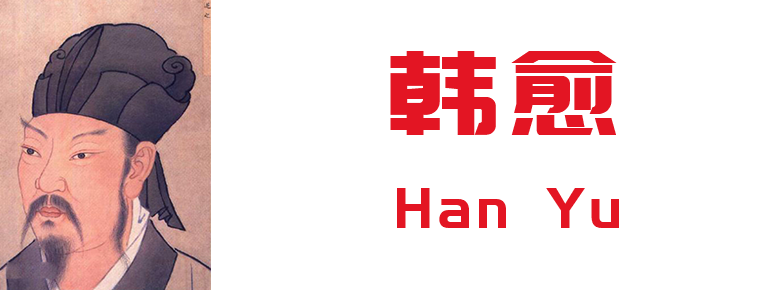Former residence of Wu Yuzhang
Former residence of Wu Yuzhang
Wu Yuzhang's former residence is located in group 6, caijiayan village, Shuangshi Town, Rong County, Zigong City, Sichuan Province. It is 14km away from the county seat and 32km away from Zigong City. You can go directly from Ziya road. In 1988, in order to commemorate the 110th anniversary of Wu's birth, the state allocated special funds to rebuild Wu Yuzhang's former residence and exhibition hall in the west of his former residence. On December 30 of the same year, it was launched. Since its official opening in January 1989, the exhibition hall of Wu Yuzhang's former residence has received hundreds of thousands of visitors from home and abroad, and has become the patriotic education base of Zigong City. In April 1991, Sichuan Provincial People's government announced that it was listed as a provincial cultural relics protection unit.
Basic introduction
At present, there are still three civil structure houses, two of which have buildings. In 1958, wuzhu Zhanghui County donated his old house to normal school. After the relocation of teachers' College in 1983, caijiayan middle school (now Yuzhang middle school) was set up. On the 110th anniversary of Wu's birth in 1988, the state allocated funds to rebuild Wu Yuzhang's former residence, renovate the road to Shuangshi Township and caijiayan bridge to the west of the former residence. After repair, the former residence of Wu Yuzhang covers an area of 15500 square meters, with a total construction area of 1050 square meters. On the lintel of the gate is a plaque inscribed by President Yang Shangkun, "former residence of Wu Yuzhang". Inside the door on both sides of the pillars engraved couplets: "flowers in the Bush, brother music; Book Field tax-free descendants of farming." A half length statue of Wu Yuzhang is placed in the middle of the courtyard. On the front of the statue base is engraved with an inscription by Deng Xiaoping, chairman of the Central Military Commission: "Wu Yuzhang, an outstanding proletarian revolutionist, educator, historian and linguist in China." The inscription of Wu Yuzhang's life is engraved on the back of the base in traditional Chinese. On the lintel of the main room hung a plaque inscribed by Marshal Xu Qianxiang, "revolutionary forebody.".
History of development
The exhibition hall of Wu Yuzhang's former residence was built in 1988. In 1991, it was approved as a provincial cultural relic protection unit in Sichuan Province. In 1994, it was approved as a youth education base by the Sichuan Provincial Committee of the Communist Party of China. In 1995, it was named the patriotism education base by the Sichuan provincial Party committee and the provincial government. In 2003, it was rated as a national AA scenic spot. In 2006, it was listed as a national key cultural relics protection unit.
Honor of scenic spot: AA grade scenic spot provincial cultural relics protection unit youth education base patriotism education base
Excellent collection
There are 11 exhibition rooms with more than 1000 cultural relics of high historical research value. Cultural relics record Wu Lao's life. Among them, "Rongxian independence" under the leadership of long Mingjian and Wang Tianjie in 1911 established the Rongxian military government, which pioneered the revolution of 1911, and broke away from the rule of the Qing government half a month earlier than the Wuchang Uprising.
The picture on the right shows Mr. Wu's clothes and walking stick.
Equipment and facilities
At present, there are still three civil structure houses, two of which have buildings, covering an area of 96 square meters. There are couplets on both sides of the gate and on the eaves pillars: "it's hard to start a business, but it's also difficult to keep a business. It's important to know that material resources are difficult, so don't strive for vanity and decency in everything. It's easy to live at home, but it's not easy to run a family,
We should establish a good scale of furnishings in the former residence. "A hundred years of Pizhen Yanling Xu; three concessions still retain Taibo's heart.". The hall displays congratulatory words and birthday poems of Chairman Mao Zedong, Dong Biwu, Xie jueyai and other comrades during Wu Yuzhang's 60th and 70th birthday. On the right side of the main room are Wu Yuzhang's relics and pictures of his revolutionary family; on the left side of the main room are pictures of people's nostalgia for Wu Yuzhang.
In the scenic area, there are "Tomb of old Wu", old Wu's "crying for my wife's visit to binglian", "the most difficult Pavilion", "echo land", "Buqian spring", "former residence Lake", "osmanthus tea garden", "shurenyuan Hotel", large, medium and small conference rooms. There are hundreds of valuable flowers and trees, such as ginkgo, osmanthus, huangjuelan, banyan, etc. Tourist center, shopping center, medical emergency center, smoking room and other supporting tourism facilities have been established. The green area reaches 80%.
Personal story
Wu Yuzhang (1878-1966) was born in caijiayan, Shuangshi Township, Rong County, Zigong City, Sichuan Province. He was born on December 30, 1878. He was a great proletarian revolutionist, educator, historian and linguist in modern Chinese history. In 1903, he studied in Japan and joined the league. He presided over Sichuan magazine. In 1911, he was ordered to go back to Sichuan to launch an uprising. Together with his fellow countrymen, long Mingjian and Wang Tianjie, he declared Rongxian independent on September 25 and set up the Rongxian military government. After that, he set up the Neijiang military government and went to Chongqing. After the revolution of 1911, he was wanted and forced to exile in France for opposing Yuan Shikai's claim to be emperor. He and Cai Yuanpei organized the society of hard work and thrift in France. In early 1924, he returned to Sichuan and secretly established the Communist Youth League of China with Yang Angong in Chengdu. The following year, he joined the Communist Party of China and remained in the Kuomintang, becoming one of the nine core figures of the Kuomintang Central Committee. In 1927, he participated in Nanchang Uprising and served as member and Secretary General of the Revolutionary Committee. From 1928 to 1937, he worked in the Soviet Union, France and Western Europe and participated in the Seventh Congress of the Communist International. After returning to China in 1938, he successively served as the director of the culture and Education Committee of the Shaanxi Gansu Ningxia border region, President of Lu Xun art college, and President of North China University. As early as the 1940s, he was known as the famous "five elders of Yan'an" of our party, together with Dong Biwu, Lin Boqu, Xu Teli and Xie Jueya. In December 1945, he went to Chongqing with Zhou Enlai to attend the Political Consultative Conference. After the founding of the people's Republic of China, he was the president of Renmin University of China and the director of the Chinese character Reform Commission. He made great contributions to the education of new China. He died of illness on December 12, 1966.
Birthday message
Mao Zedong (January 15, 1940)
Today, we gather here to celebrate the birthday of Wu. Thinking of how I felt when I celebrated Mr. Xu's birthday, I said at that time that we celebrated his birthday for no reason. I remember when I was a child, I was very unhappy with the old people, because they would bully the young people. Who was wrong with the young people? But you can't be wrong. They're cruel to you. Children and young people have no say in everything. The young people in China suffered too much from the feudal family and society. But the world has changed. Young people like the old people, such as Wu, Lin, Xu, Dong and Xie, are very popular with young people. Why is there such a change? Because these old comrades not only do not bully young people, but also very enthusiastic to help them, their behavior is enough for the youth model, so the youth love them very much. There are also many old people respected by young people outside the party, such as Ma Xiangbo. When he was on his birthday, our Communist Party sent a congratulatory message because he advocated Anti Japanese and democratic politics. People always want to be old. Why are old people valuable? If old is precious, there are too many valuable people. So we must have a standard. That is to say, the valuable thing is that he always does good things all his life, does not do bad things, does good to human beings, and does not do harm to people. If you do something good at the beginning and then do something bad, it is called no persistence. It is not difficult for a person to do something good. What is difficult is to do good things all his life and not to do bad things, to benefit the masses, to the youth, to the revolution, and to struggle hard for decades. This is the most difficult and difficult thing!
Our veteran Comrade Wu Yuzhang is such a man who has been living for decades. He is sixty years old. He has been engaged in the revolution for 40 years from the United League to today. He has been wandering in the middle of the country. He has been hard prepared and has never changed. This is not easy. There are not many people left from the alliance to this day, and few of them have been fighting for the revolution, no matter what. To do so, we need not only a firm and correct political direction, but also a spirit of hard struggle. Otherwise, we can not resist all kinds of evil forces and waves, such as the threat of death, the threat of starvation, the threat of failure of the revolution, and so on. It is through such countless storms that our Comrade Wu Yuzhang came. Therefore, we should learn from his advantages in all aspects, but especially his persistence in revolution. This is the most precious thing. It is the glory of our party and the glory of the Chinese revolution. We all celebrate his 60th birthday with great joy. I think the main significance is here.
Tour guide
Admission: yuan / person.
Discount: free tickets for the elderly, servicemen and the disabled (with valid certificates), and free tickets for children under 1.2m.
geographical position
Wu Yuzhang's former residence is located in group 6, caijiayan village, Shuangshi Town, about 15 km away from the county seat, Southeast of Rong County, Zigong City, Sichuan Province.
Address: Group 6, caijiayan village, Shuangshi Town, Southeast, Rong County, Zigong City, Sichuan Province
By bus: 14 kilometers away from the county seat, 32 kilometers from Zigong City, you can go directly from Ziya road.

-
zhangjiajie national forest park Avatar Filming place
Zhangjiajie national Forest Park is located in Zhangjiajie City, northwest of Hunan province. On September 25, 1982, with the approval of the State Council of the People's Republic of China.
Views: 210 Time 2018-10-28 -
Ancient Huizhou Cultural Tourism Zone
Huangshan Ancient Huizhou Cultural Tourist Area is located in Huangshan City, Anhui Province, north of Huangshan Mountain, south of Qiandao Lake.
Views: 157 Time 2018-12-08 -
Hunan Provincial Museum
Hunan Museum is the largest museum of history and art in Hunan Province. It covers an area of 49,000 square meters and has a total floor area of 91,000 square meters..
Views: 122 Time 2019-01-16 -
Hunan Forest Botanical Garden
Hunan Forest Botanical Garden, also known as Tianjiling National Forest Park and Changsha Botanical Garden, was established in 1985 with the approval of Hunan Provincial People's Government and is und.
Views: 79 Time 2019-01-16 -
Yanzidong in Jianshui County
Jianshui Swallow Cave is located in the Lujiang River Valley, more than 20 kilometers east of Jianshui County, Honghe Hani and Yi Autonomous Prefecture, Yunnan Province..
Views: 108 Time 2019-01-21 -
Wang Wu Mountain Scenic Spot
Wangwushan Scenic Area is a national AAAA-level scenic area with a total area of 265 square kilometers. Wang Wu Mountain is centered on the Temple of Heaven, the main peak.
Views: 255 Time 2019-02-22 -
Eight Diagrams Palm
The Eight Diagrams Palm, also known as the Traveling Eight Diagrams Palm and the Eight Diagrams Linked Palm, is a traditional Chinese boxing with the main changes of palm method and walking..
Views: 177 Time 2019-04-02 -
Carrying a number
Handling trumpets is one of the trumpets of traditional folk songs. It is popular in many fields, such as manual workers, such as loading and unloading, lifting, pushing and pulling goods..
Views: 462 Time 2019-04-03 -
Legend of Biashla
Biashraze, also known as Ashraze, is the most representative Bimo Master of the Yi nationality. The legend of Ashraze has become divine through oral transmission and artistic processing of language.
Views: 129 Time 2019-04-04 -
Smelting Technology of Gold Chute Stone fill Stove
The smelting technique of gold chute rockfill stove was first seen in the history of Song Dynasty. Since the fourth year of Jingde in the Song Dynasty, Minister Pan.
Views: 252 Time 2019-05-04 -
Han Yu
Han Yu (768 - 824 December 25th) retreated. Henan Heyang (now Henan Province Mengzhou People. Claiming to be "Changli," the world is called "Han Changli" and "Mr. Changli".
Views: 154 Time 2019-09-07 -
Historical evolution of Neijiang
Xia and Shang were Liangzhou, Zhou was Yongzhou, spring and autumn and Warring States were ba Jun and Shu Jun; Western Han Dynasty was Zizhou; Eastern Han Dynasty was Han'an county..
Views: 323 Time 2020-12-16

